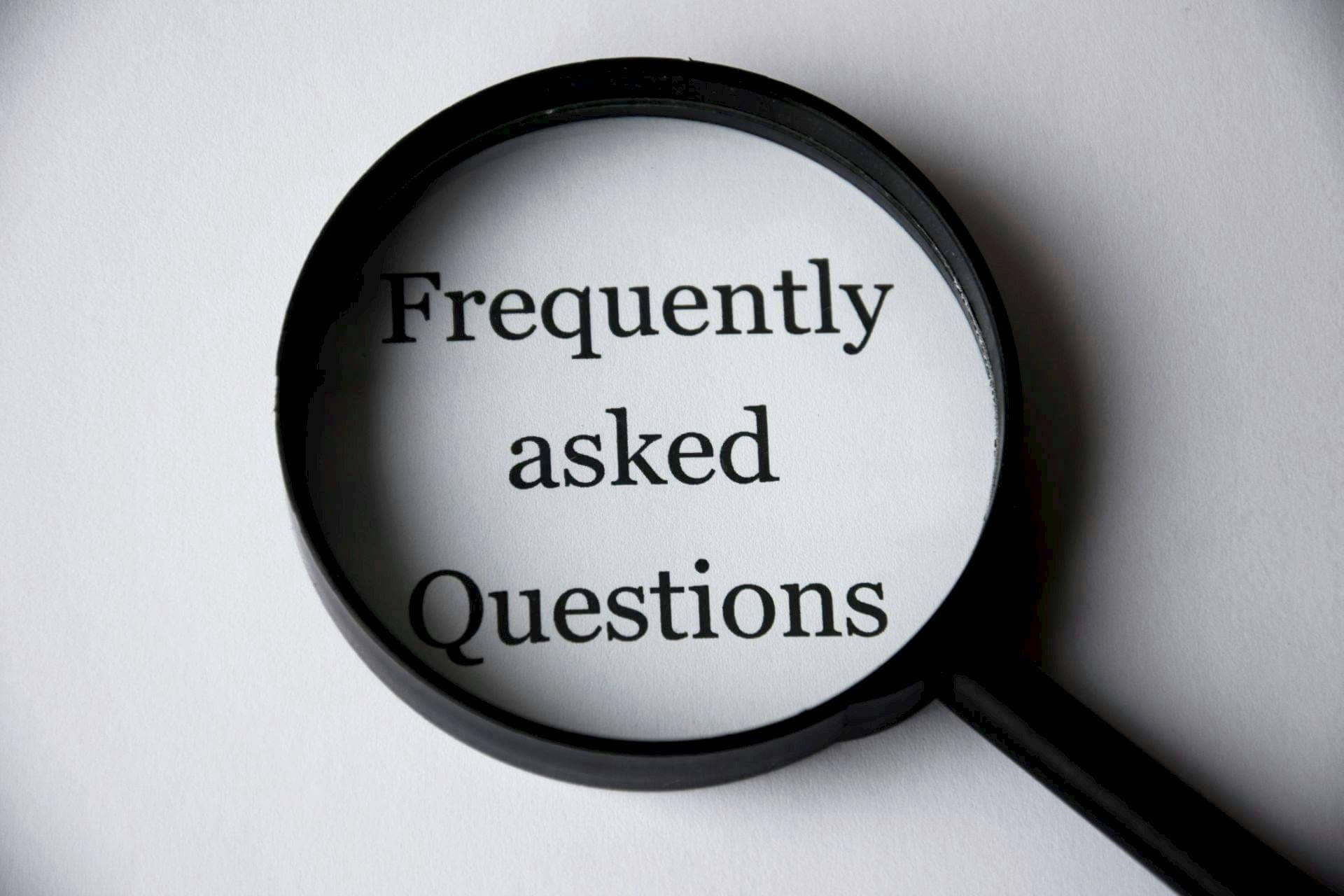
When it comes to hearing health, many people have questions but aren’t always sure where to turn for answers. Hearing is an essential sense that plays a big role in how we connect with others and experience the world. Taking care of it shouldn’t be confusing or overwhelming. In this blog, we’ll tackle some of the most frequently asked questions about hearing health, making it easier to understand how to protect your ears and what steps to take if you notice changes in your hearing.
How Can I Tell If I’m Experiencing Hearing Loss?
Hearing loss doesn’t always happen suddenly; it often sneaks up gradually. Many people first notice they’re having trouble hearing conversations, especially in noisy places like restaurants or busy gatherings. If you find yourself asking others to repeat themselves, turning up the TV volume more than usual, or feeling like people are mumbling, these could be early signs of hearing loss.
It’s also common to notice that you can hear sounds but can’t quite understand what’s being said. If any of these signs sound familiar, it’s time to schedule a hearing health exam to get a professional’s insight into what’s going on.
What Can Cause Hearing Loss?
There are several reasons people might experience hearing loss, some more common than others. Age-related hearing loss is one of the most frequent causes, often affecting people over 60. But hearing loss isn’t just for older adults. Exposure to loud noises, like attending concerts without ear protection or using headphones at high volumes, can also damage your hearing over time.
Other causes include ear infections, earwax buildup, or even certain medications. It’s important to understand that hearing loss can affect anyone at any age, and protecting your ears from loud sounds is a key step in preserving your hearing health.
What Should I Expect During a Hearing Health Exam?
If you’re wondering what happens during a hearing health exam, don’t worry—it’s a simple and painless process. A hearing health professional will guide you through several hearing tests. These tests measure how well you can hear different sounds and frequencies. You’ll likely wear headphones and listen to tones or words that you’ll be asked to respond to.
The exam gives a clear picture of your hearing abilities and can help pinpoint any specific issues. It’s a good idea to schedule regular hearing health exams, especially if you’ve noticed any changes in your hearing or have a family history of hearing loss.
Are Hearing Aids the Only Solution for Hearing Loss?
Hearing aids are a common and effective solution, but they’re not the only option available. The treatment for hearing loss depends on what’s causing it. For example, if your hearing loss is due to earwax buildup, a simple cleaning might solve the problem. Some types of hearing loss may require medical treatment or surgery, depending on the severity or cause.
If hearing aids are recommended, modern devices are more advanced and comfortable than ever before. They come with features like Bluetooth connectivity, which allows you to stream audio directly from your phone or TV, and they can be tailored to fit your specific hearing needs.
Can Loud Noises Really Damage My Hearing?
Yes, exposure to loud sounds can cause permanent damage to your hearing. Loud music, power tools, fireworks, and even certain types of headphones can all put your hearing at risk if you’re not careful. The damage is often gradual, making it easy to overlook until it’s too late.
To protect your ears, use earplugs in noisy environments, lower the volume on your devices, and take breaks if you’re exposed to loud sounds for extended periods. Keeping a pair of earplugs handy is a great way to ensure your hearing stays protected when you’re attending concerts or sporting events.
What Can I Do to Maintain My Hearing Health?
There are several easy steps you can take to maintain your hearing health for the long term. Start by paying attention to the volume on your electronic devices. Many people listen to music or podcasts at a level that’s too high without realizing it. Keep the volume at a safe level, and consider investing in noise-canceling headphones, which allow you to listen clearly without cranking up the sound.
Another tip is to wear ear protection in loud environments, whether at work, concerts or while doing yard work with noisy machinery. It’s also a good idea to take breaks in quiet areas to give your ears some rest after being exposed to loud sounds.
Contact us today for more information or to schedule an appointment!
